News
Holidaymaker injured in Pembrkoeshire suing dog owner for £5m

A DUTCH holidaymaker who was injured while visiting Pembrokeshire is suing in the High Court for financial compensation.
The man was left needing a wheelchair after a local’s Westie terrier ran at his horse during a ride on a Druidston Haven Beach – and how he is suing the dog owner for up to £5million.
Financial advisor Lourens Koetsier, 63, suffered a severe spinal injury when he was thrown from his horse during a guide-led ride-out June 2018.

Mr Koetsier claims the accident occurred because an unleashed West Highland Terrier named Max ran under his horse, spooking it into bucking and throwing him to the ground.
The tourist, who was holidaying in Pembrokeshire with his wife, is now suing for up to £5million at the High Court, saying Max’s owner, David Clifford Thomas, should have had him on a lead.
But Mr Thomas, who had had Max since he was a puppy, says there is no reason to blame his ‘small, elderly and gentle’ Westie for the accident, and denies liability.
And he insists there was no reason why he should have had to leash Max while walking him on a beach where local bylaws allow pet owners to let their dogs run freely.
According to documents filed at the London court, the financial advisor Mr Koetsier and his wife Monique were on holiday in Wales when he decided to go on the ride in June 2018.
He is an experienced horseman, having owned a pony as a child and competed as an adult, riding Dutch warmblood sport horses from his teens until he was in his forties.
On the day of the accident, he paid for a guide-led canter along the mile-long Druidston Haven beach through ride providers Nolton Stables, in nearby Haverfordwest.
Mr Thomas’s dog was spotted by the riders running off its leash on the sand, as the horses took an initial canter, his lawyers say.
Then as the riders set off for a second canter Max began running towards Mr Koetsier’s group from behind, barking as it approached.
Bonfire the horse bucked in fear and threw Mr Koetsier off and to the ground.
Mr Koetsier was evacuated by air ambulance, having sustained a central spinal cord injury, which required fusion of some of his vertebrae, leaving him with incomplete tetraplegia.
He now experiences spasms and has impaired hand function, while his ability to care for himself, get around and work have been ‘substantially impaired,’ says his barrister.
He uses a wheelchair when outside, although he can walk short distances with a walking frame, and his home has had to be specially adapted to be suitable for his needs.
Mr Chapman claims that Max’s owner Mr Thomas is liable to pay compensation because he should have had the dog under control, which would have prevented the accident happening.
He also blames LJP Owen Ltd, trading as Nolton Stables, for allowing the group to canter a second time after Max had first been seen running off his lead.
For Mr Thomas, barrister Andrew Arentsen said there was no reason why Max should have been on his lead, since Druidston beach is regularly used by dog walkers to exercise their pets freely.
He also denied that Max was an aggressive dog, having been with Mr Thomas’ family since he was a puppy and, by the time of the accident, already ‘elderly’ at nearly 14 years old.
He says Max had shown initially only a ‘mild interest’ in the horses that day and he only ran after them when they cantered a second time.
‘Perhaps because the horses had passed at speed, perhaps out of curiosity or perhaps out of a sense of fun, Max turned and ran towards the group of horses who had just passed him,’ says Mr Arentsen.
He adds: ‘The accident occurred because the group of horses stopped, having cantered past Max, and because the claimant lost control of his horse and lost his seat upon the same.’
For LJP Owen Ltd, which operates as Nolton Stables, barrister Charles Woodhouse denies that it was at fault for Mr Koetsier’s accident, since the horse in question was perfectly comfortable around dogs.
The company, which serves 6,000 customers a year, keeps dogs loose at the stables so horses can acclimatise to them, and any which are not comfortable around dogs would be sold, he says.
He says the company does not know precisely what the horse did when the dog ran to him, but that one staff member thought he may have attempted to jump over the Westie.
‘The risk of a horse bucking, jumping, rearing or otherwise moving in such a way as to unseat its rider is an ordinary risk of riding horses of which the claimant was well aware and which he voluntarily accepted in choosing to ride Bonfire,’ he says.
The case reached court last week for a preparatory hearing ahead of a full trial of the claim at a later date. Lawyers for Mr Koetsier said they would be seeking a damages payout of up to £5million.
international news
Mandelson quits Lords amid police probe over Epstein links

Peter Mandelson has announced he will retire from the House of Lords with immediate effect, as mounting political and legal pressure grows over claims he shared sensitive government information with convicted sex offender Jeffrey Epstein.
Parliamentary officials confirmed that Peter Mandelson formally notified the Clerk of the Parliaments of his decision, ending his membership of the upper chamber from Tuesday (Feb 4).
The move follows reports that the Metropolitan Police Service is reviewing allegations of possible misconduct in public office connected to emails said to have been forwarded to Epstein while Mandelson was business secretary during the 2008–09 financial crisis.
Downing Street has confirmed that material has been passed to police after an initial Cabinet Office review.
Government fury

Prime Minister Keir Starmer told cabinet colleagues Mandelson had “let his country down”, according to No 10, and officials are now drafting legislation that could strip him of his peerage entirely.
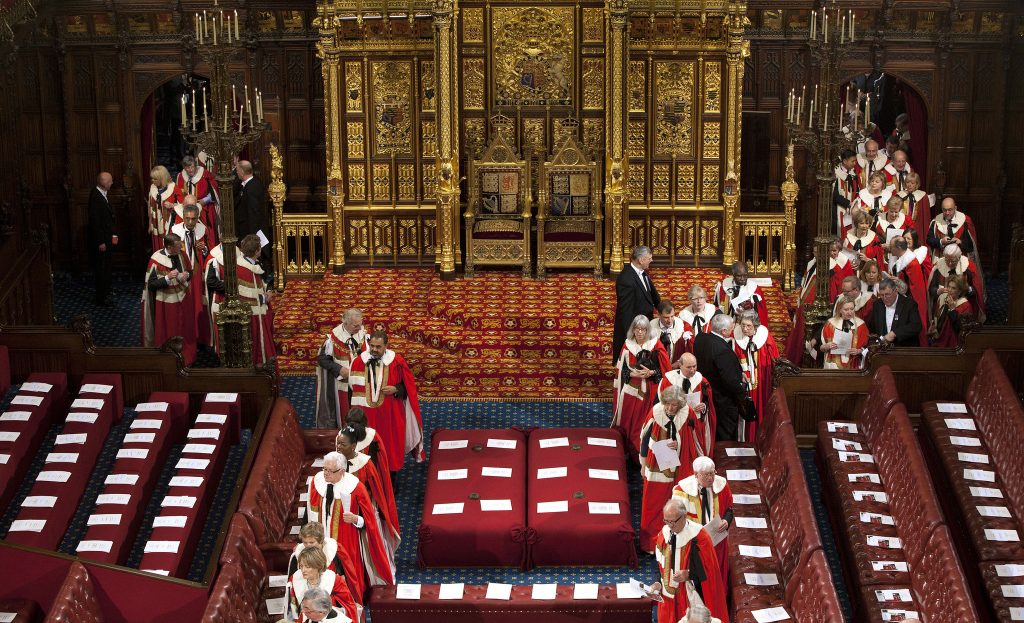
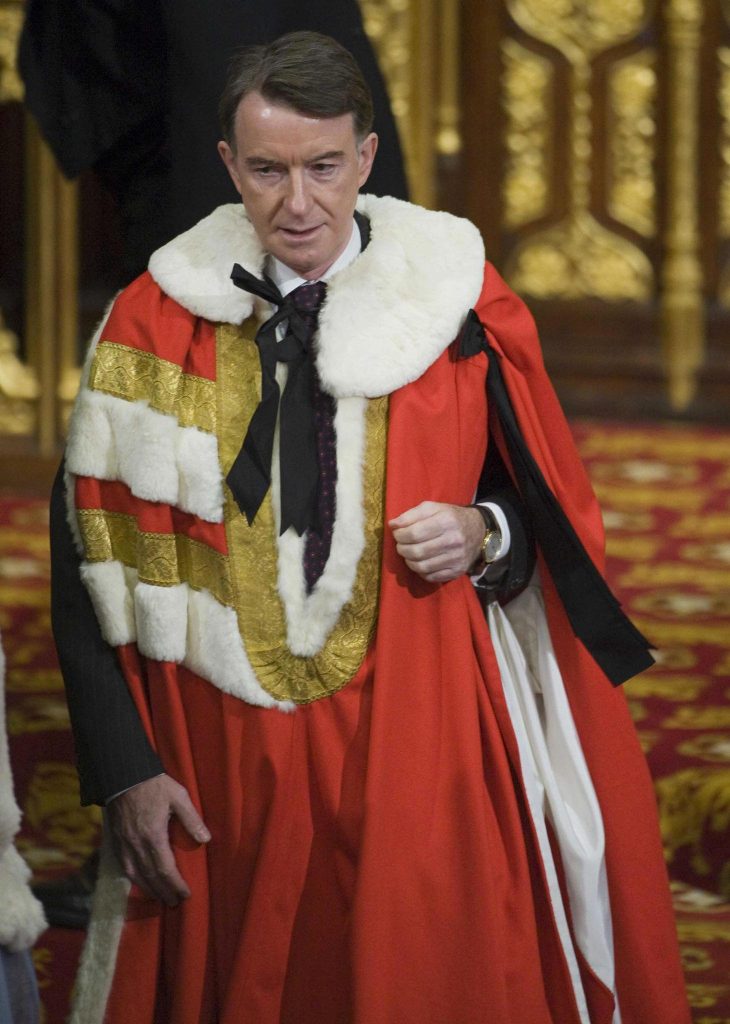
Removing a life peer is rare and would require an Act of Parliament.
If passed, Mandelson would lose the title “Lord” altogether — an extraordinary step that has only been considered in the most serious cases.
Senior ministers have described the alleged passing-on of market-sensitive government discussions as “disgraceful” and a “betrayal of trust”.
What police are examining
Misconduct in public office is a centuries-old common law offence that applies where someone in a position of public trust wilfully abuses that role. It carries a maximum sentence of life imprisonment.
Investigators will assess whether confidential information — particularly relating to government financial policy during the crash — was shared without justification and whether safeguards were breached.
At this stage, no charges have been brought.
Mandelson has previously apologised for maintaining contact with Epstein after the financier’s conviction, saying he regrets “ever having known him”, but he has disputed some of the latest claims and has not commented directly on the police review.
Political shockwaves
Opposition parties are pushing for further disclosure of documents relating to Mandelson’s vetting and his past roles.
Conservatives are expected to force a Commons vote demanding more information, while Liberal Democrats have called for a public inquiry.
Several MPs have also suggested Mandelson should be removed from the Privy Council.
The developments mark a dramatic fall for one of Labour’s most influential political figures of the past three decades, who only months ago was serving as the UK’s ambassador to Washington.
Now, with police examining evidence and legislation being prepared to remove his title, his public career appears effectively over.
More updates are expected as the investigation continues.
Community
Cleddau at heart of major water reforms as ministers promise ‘fundamental reset’
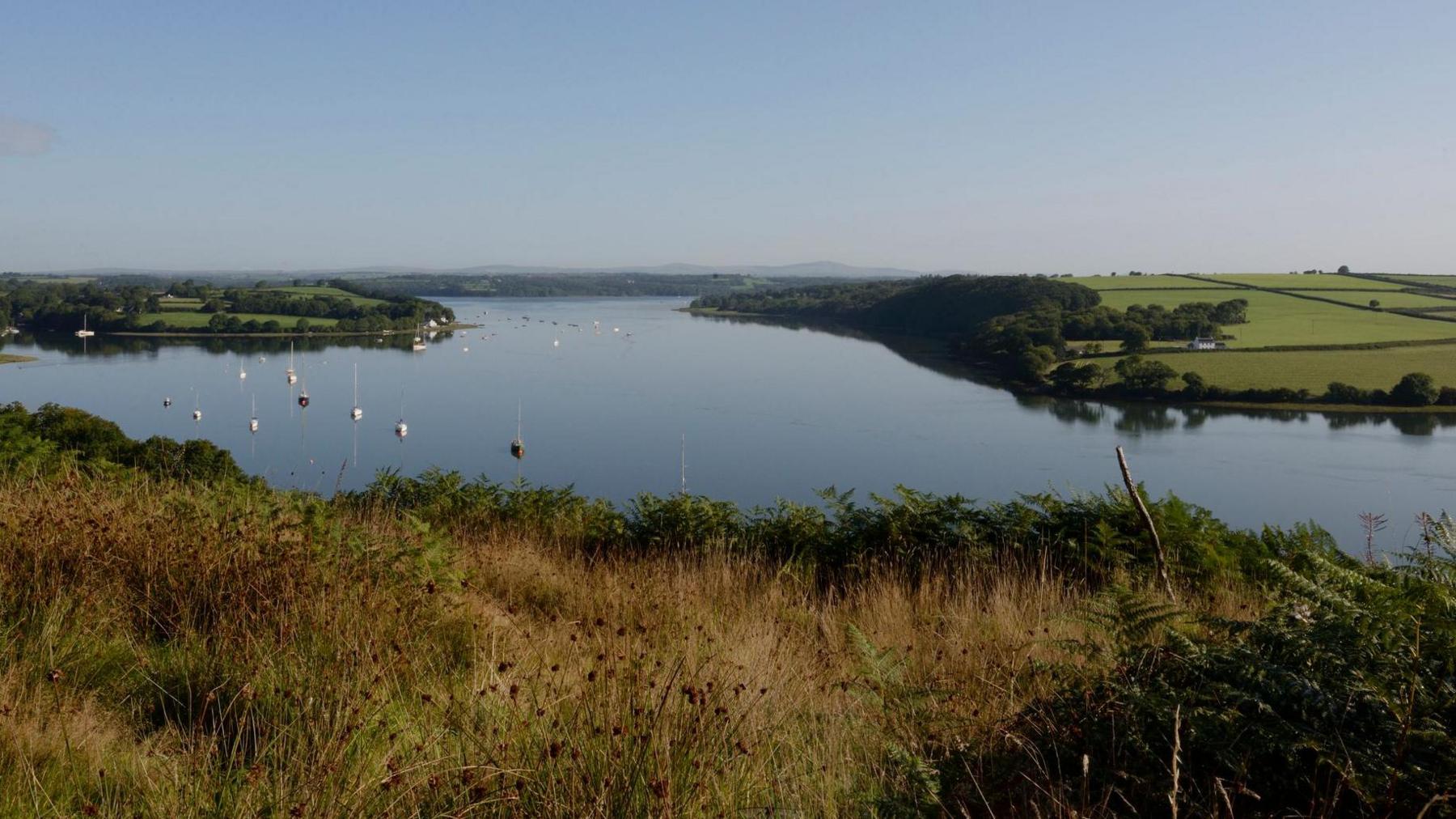
New regulation plan aims to tackle pollution, sewage spills and ageing infrastructure
COMMUNITIES along the River Cleddau could see tighter controls on pollution and stronger oversight of water companies after ministers unveiled what they describe as a once-in-a-generation shake-up of how Wales’ water system is run.
The Welsh Government this week published a Green Paper promising cleaner rivers, tougher enforcement and a new Welsh economic regulator dedicated solely to the water sector.
Deputy First Minister Huw Irranca-Davies said it was time for a “fundamental reset” to rebuild public trust, warning that ageing infrastructure, climate pressures and growing concern about water quality meant the current system was no longer fit for purpose.
For Pembrokeshire residents, those words land close to home.

Local frustration growing
From Haverfordwest down to Milford Haven, the Cleddau is both a working waterway and a natural asset, supporting wildlife, leisure users, anglers and tourism businesses.
But in recent years there have been repeated complaints about sewage overflows, murky water after heavy rain and nutrient pollution washing in from across the catchment.
Storm discharges and wastewater treatment are the responsibility of Dŵr Cymru Welsh Water, while environmental enforcement sits with national regulators. Many locals say neither has acted quickly enough when problems arise.

Residents and river users have told The Herald they feel the estuary is “worse than it used to be”, particularly after periods of wet weather when combined sewer overflows can activate.
Concerns range from the impact on fish stocks and birds to whether the water is safe for paddleboarding, sailing and wild swimming.
What ministers are proposing
The consultation sets out plans to:
- create a new Welsh regulator focused on water
- strengthen monitoring and enforcement
- drive investment in ageing pipes and treatment works
- improve transparency and accountability
- support long-term environmental protection
Since 2022, the government says it has invested more than £56 million tackling water quality through enforcement, monitoring and nature-based solutions. A further £5 million has been earmarked next year specifically for river and coastal improvements.
Ministers say the changes should make it easier to fine or sanction poor performance and force faster upgrades where infrastructure is failing.
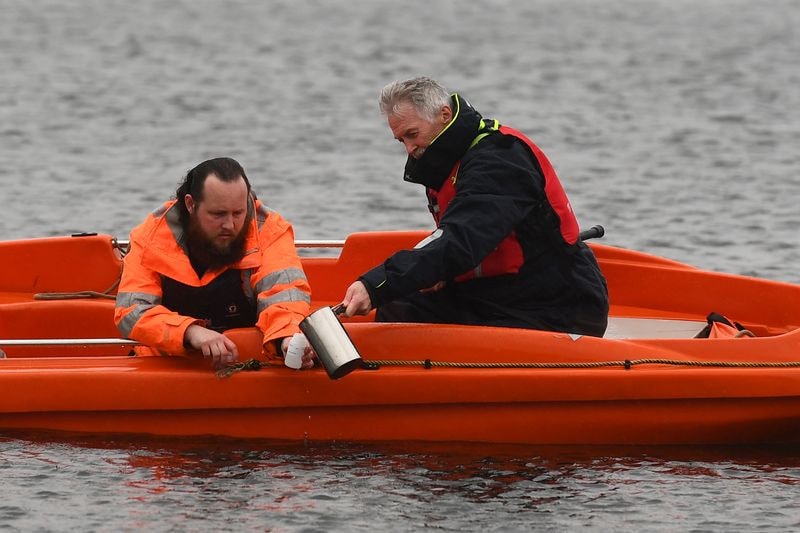
Why the Cleddau matters
The Cleddau catchment is one of west Wales’ most important waterways.
It feeds into the Milford Haven Waterway, a key centre for industry, energy, fishing and recreation, while also providing habitat for protected wildlife and drawing thousands of visitors each year.
Any decline in water quality has knock-on effects not just for nature but for jobs and the local economy.
Campaigners argue that without tougher oversight and sustained investment, the river risks long-term damage.
Consultation open
The Green Paper is now out for public consultation, with ministers inviting views from residents, businesses and community groups.
For many in Pembrokeshire, this may be a rare chance to push for specific improvements on their doorstep — from fewer sewage discharges to better monitoring of agricultural runoff and clearer reporting when incidents occur.
If the promised “reset” is to mean anything locally, it will be judged on one thing: whether the Cleddau actually gets cleaner.
The consultation is open on the Welsh Government website, and submissions can be made by individuals as well as organisations.
News
Davies and Morgan clash over policing powers and terror response in Senedd exchange
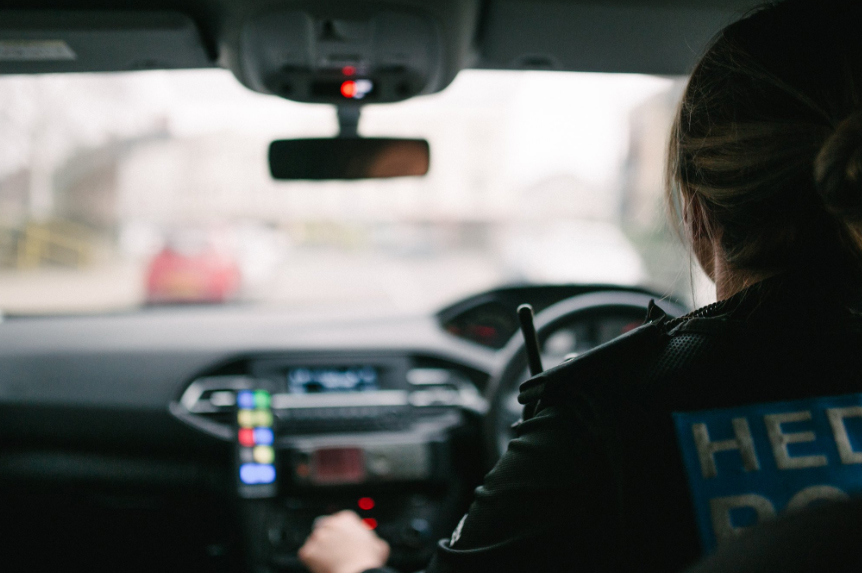
CONSERVATIVE MS says breaking up UK would ‘benefit criminals’ as First Minister insists Wales would still rely on cross-border co-operation
A ROW over whether policing powers should be devolved to Wales spilled onto the Senedd floor as a senior Conservative warned that separating from UK-wide structures could leave the country exposed to terrorism and serious crime.

During questions to the First Minister in Senedd Cymru, Andrew RT Davies pressed ministers on whether law and order is better delivered from Westminster rather than Cardiff Bay.
Opening the exchange, Mr Davies said that although he and the Welsh Government disagreed on where policing powers should sit, they should both accept that dismantling the United Kingdom would weaken security.
He told the chamber that if “separatists had their way and they broke up the United Kingdom, policing would be fundamentally weakened in these islands and the criminals will benefit from it”.
He asked the First Minister to agree that the UK provides the strongest framework for keeping communities safe through joint working between England, Wales, Scotland and Northern Ireland.
“The co-operative working and that strong union, working together… protects the citizens of this great country of ours,” he said, urging ministers to reject what he called a “narrow, separatist, independent argument”.
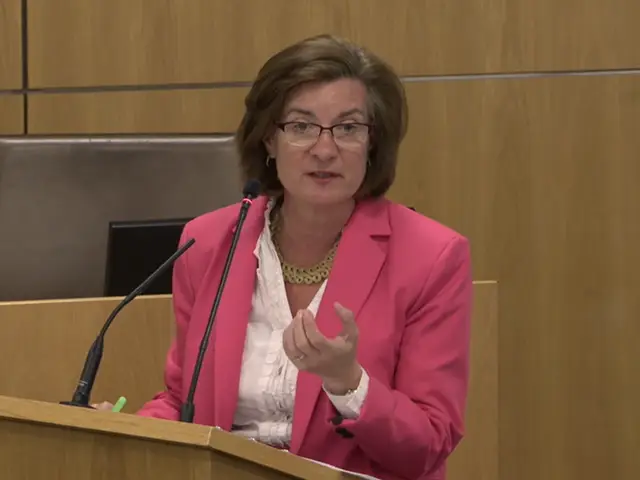
‘Strong devolution in a strong UK’
Responding, Eluned Morgan said her government was not pursuing devolution as a stepping stone to independence.
“We want to see strong devolution in a strong UK,” she said, adding that Labour remained committed to improving services rather than chasing constitutional change for its own sake.
She argued that reforming how policing is governed in Wales could improve accountability and outcomes for the public, particularly as discussions continue over replacing the current police and crime commissioner model.
“We want to see change when it comes to policing… because we want to see better provision for the people in Wales,” she told MSs.
Terrorism expertise ‘not something you could replicate’
However, the First Minister acknowledged that certain specialist capabilities, particularly counter-terrorism, would still require close links with the rest of the UK.
“It of course makes sense for us to co-operate across the border when it comes to policing, when it makes sense,” she said.
“Just think about terrorism; we’ll never have the kind of absolute expertise in terrorism that you may get in a place like London. We would have to work with them and depend on them—not something you could do in an independent Wales.”
Her comments prompted Mr Davies to argue that this reliance showed why policing should remain reserved to Westminster.
He later said the admission demonstrated “the dangers of putting the Senedd in charge of policing”, claiming Wales could end up dependent on external support during major incidents.
Long-running debate

Policing and criminal justice are among the few major public services not currently devolved to Wales, with responsibility resting with the UK Government.
Supporters of devolution, including Plaid Cymru, argue that Welsh control would allow policies better tailored to local needs.
Opponents say fragmenting the system could weaken intelligence sharing and increase costs, particularly for specialist units tackling organised crime and terrorism.
The exchange underlines how the issue remains a political dividing line in Cardiff Bay, with both sides framing the argument around public safety rather than constitutional theory.
For now, any change would require agreement from Westminster, meaning the debate is likely to continue long before any powers formally shift.
-

 Health5 days ago
Health5 days agoConsultation reveals lack of public trust in health board
-

 News6 days ago
News6 days agoCaldey still unsafe, survivors warn — despite Abbey’s reform claims
-

 Community6 days ago
Community6 days agoPembrokeshire students speak at national Holocaust Memorial Day event
-

 News3 hours ago
News3 hours agoPrincess of Wales visits historic Pembrokeshire woollen mill
-

 News6 days ago
News6 days agoKurtz raises Gumfreston flooding in the Senedd as petition deadline nears
-

 Crime4 days ago
Crime4 days agoPembroke man accused of child sex offences sent to Swansea Crown Court
-

 Community5 days ago
Community5 days agoCampaign to ‘save’ River Cleddau hits over 2,200 signatures
-

 Education6 days ago
Education6 days ago‘Vulnerable teen’ questioned by police at Milford Haven School





























